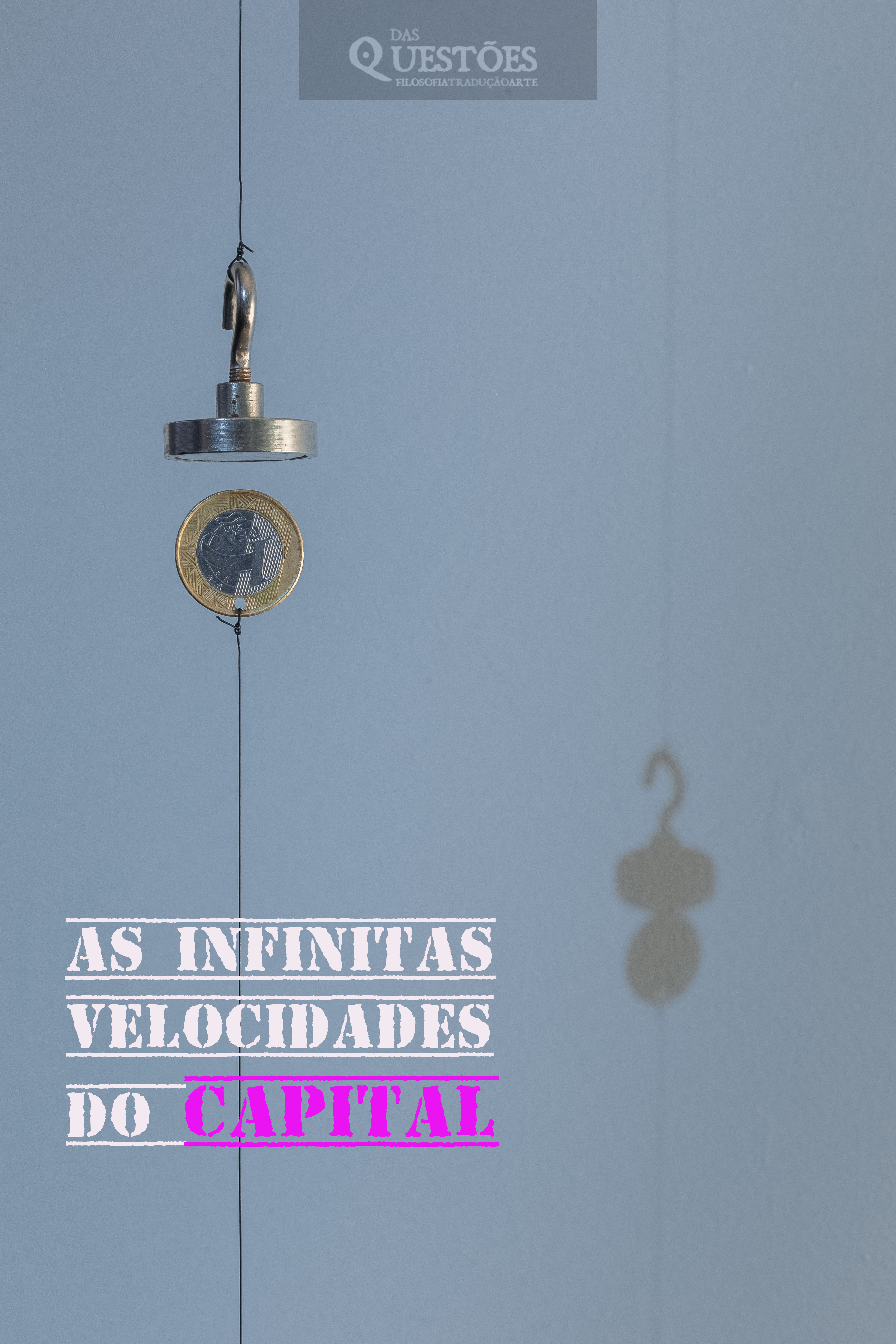Socialismo psicodélico
DOI:
https://doi.org/10.26512/dasquestoes.v12i1.34541Keywords:
Realismo capitalista, comunismo ácido, psicodelia, Mark FisherAbstract
ABSTRACT: Written as a behind-the-scenes account and as a counterpoint to Mark Fisher’s unfinished Acid Communism, Jeremy Gilbert’s text, translated here, discusses the implementation of various non-self technologies and super-therapeutic practices, as well as a re-qualified return to the counterculture of the 1960s, as a way of imposing a viable political challenge to the hegemonic values and modes of subjectivity acting in a neoliberal society. KEYWORDS: Acid communism, capitalist realism, psychedelia, Mark Fisher.
Downloads
References
FISHER, Mark. Capitalist Realism. Is there no alternative? Winchester ”“ UK; Washington ”“ EUA: Zero Books, 2009.
FISHER, Mark; AMBROSE, Darren (eds.). K-Punk: the collected and unpublished writings of Mark Fisher (2004-2016). Londres: Repeater, 2018.
GILBERT, Jeremy. Common Ground: Democracy and Collectivity in an Age of Individualism. London: Pluto Press, 2013.
GILBERT, Jeremy; PEARSON, Ewan. Discographies: Dance Music, Culture and the Politics of Sound. London: Routledge, 1999.
GILBERT, Jeremy; BEWES, Jeremy. Cultural Capitalism: Politics after New Labour. London: Lawrence And Wishart Ltd, 2001.
WEINSTONE, Ann. Avatar Bodies: a Tantra for Posthumanism. University of Minnesota Press: Minneapolis, London, 2004.
Downloads
Published
How to Cite
Issue
Section
License
Copyright (c) 2021 Das Questões

This work is licensed under a Creative Commons Attribution-NonCommercial 4.0 International License.
Authors who publish in this journal agree to the following terms:
Authors maintain the copyright and grant the journal the right of first publication, the work being simultaneously licensed under the Creative Commons Attribution License which allows the sharing of the work with recognition of the authorship of the work and initial publication in this journal.
Authors are authorized to take additional contracts separately, for non-exclusive distribution of the version of the work published in this journal (eg publish in institutional repository or as a book chapter), with acknowledgment of authorship and initial publication in this journal.
Authors are allowed and encouraged to publish and distribute their work online (eg in institutional repositories or on their personal page) at any point before or during the editorial process, as this can generate productive changes as well as increase the impact and the citation of the published work.



